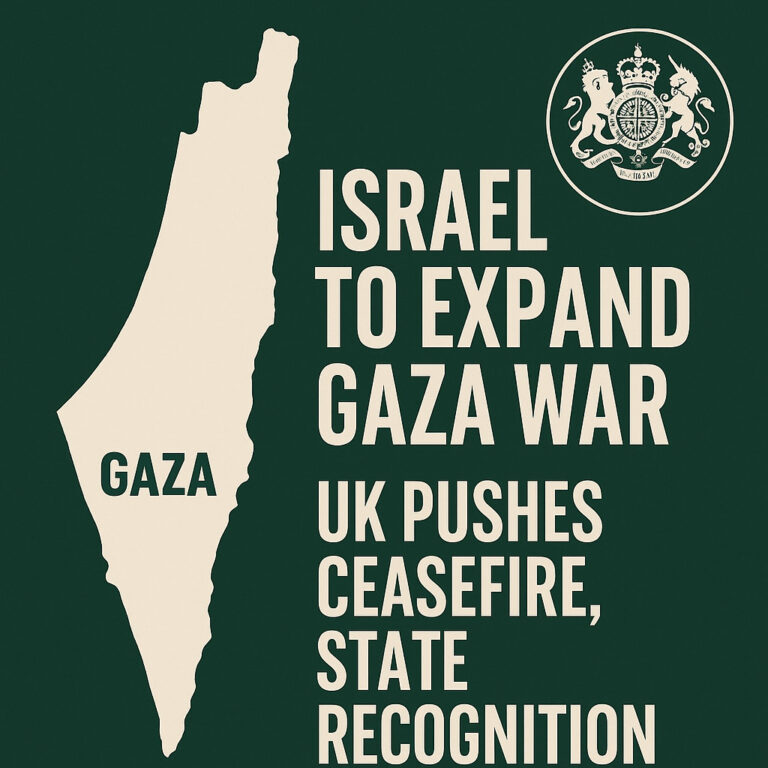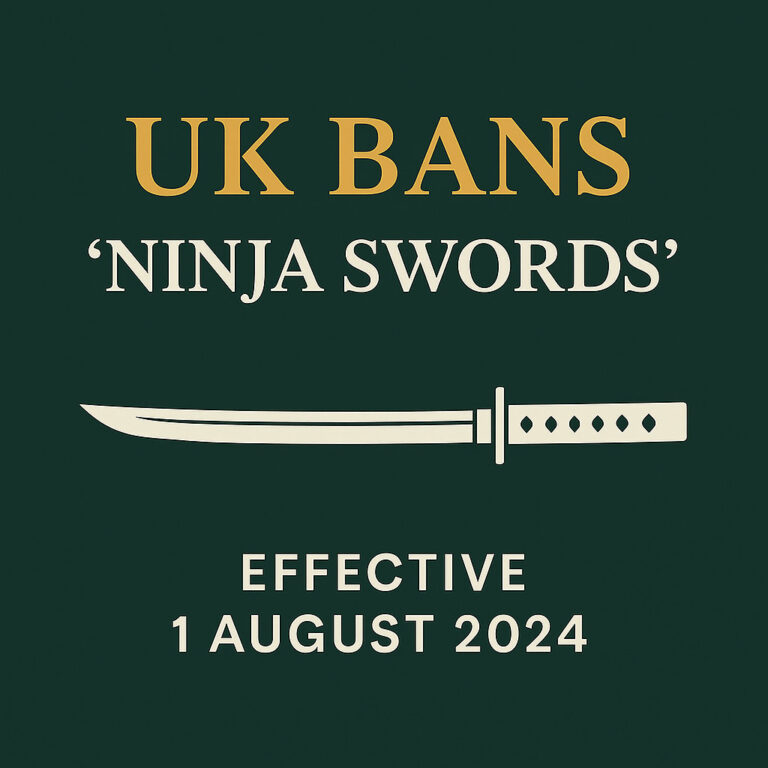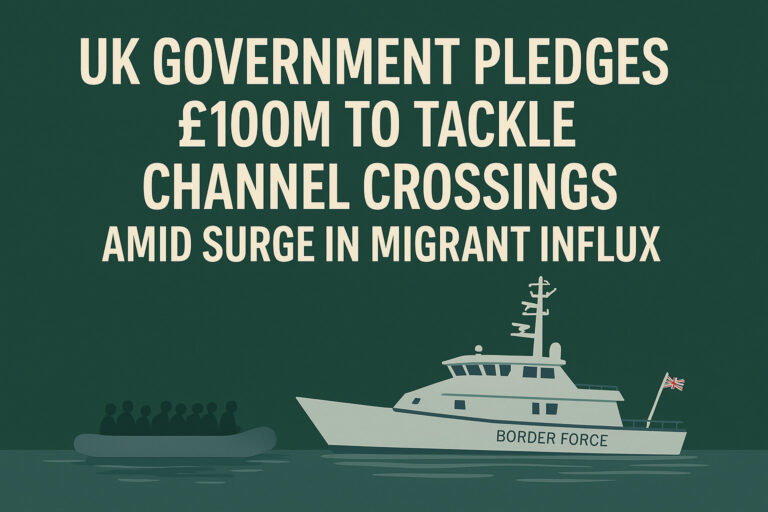UK Introduces World’s First Sanctions Regime Targeting People Smugglers
New measures enable asset freezes and travel bans against those involved in illegal migration networks
By Staff Writer
📅 July 23, 2025
📍London
The United Kingdom has launched the world’s first dedicated sanctions regime aimed at individuals and groups involved in people smuggling and human trafficking. The new framework enables the government to impose financial and travel restrictions on targets believed to be operating illegal migration networks.
Policy Details
The newly introduced Global Illicit Migration Sanctions Regulations 2025 allow for:
- Asset freezes
- Travel bans
- Financial prohibitions
These measures can be applied to anyone assessed to be facilitating or profiting from the illegal movement of people across borders. The policy is part of the UK’s broader efforts to disrupt transnational organised crime linked to migration routes into Europe and the UK.
First Sanctions Issued
The UK government has initially imposed sanctions on 25 individuals and organisations located across regions including North Africa, the Middle East, and Eastern Europe. These entities are believed to play a key role in smuggling operations, including arranging transport, financing journeys, and exploiting vulnerable migrants.
In a statement, Foreign Secretary David Lammy said the new sanctions aim to “dismantle the business model of people smugglers” by targeting their financial infrastructure and freedom of movement.
Context and Background
This development follows ongoing challenges related to illegal Channel crossings, with over 13,000 people reportedly arriving in the UK via small boats so far in 2025.
Smuggling networks are known to operate in countries such as Libya, Sudan, and Iraq, often charging high fees and using dangerous or overcrowded vessels for transport.
The UK’s National Crime Agency (NCA) and Home Office have worked in coordination with the Foreign Office to identify initial targets for the regime.
International Collaboration
UK officials have indicated that intelligence gathered under this regime may be shared with international partners. Discussions are underway with several allied countries, including members of the Five Eyes intelligence alliance and European Union states, regarding potential cooperation on similar measures.
Analysts say the move could serve as a model for other Western governments facing similar migration-related challenges.
Reactions and Concerns
While the new sanctions framework has been welcomed by some as a novel tool for addressing organised smuggling, civil liberties organisations have expressed concerns about oversight and due process.
Groups such as Liberty UK have cautioned that the process for designating individuals does not currently require court approval and may lead to unintended consequences if safeguards are not clearly defined.
The government has responded by stating that all sanctions are based on evidence and subject to review.
What Comes Next
The Foreign Office has published the list of initial sanctions targets on its official website. Additional designations may follow as new intelligence becomes available.
Further legislative and policy developments related to border security and migration enforcement are expected to be announced later this year.



